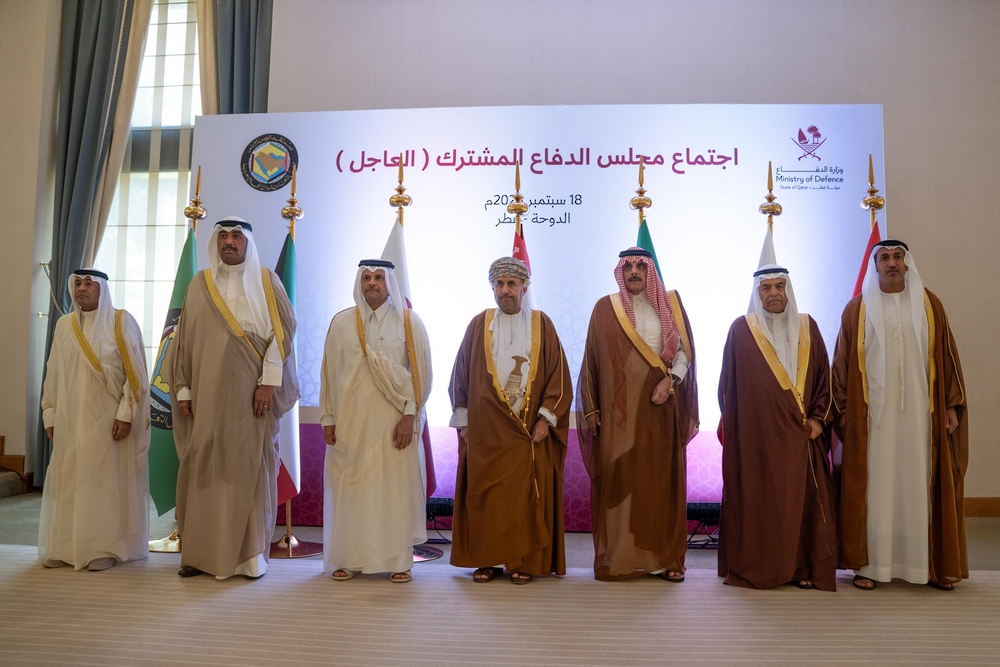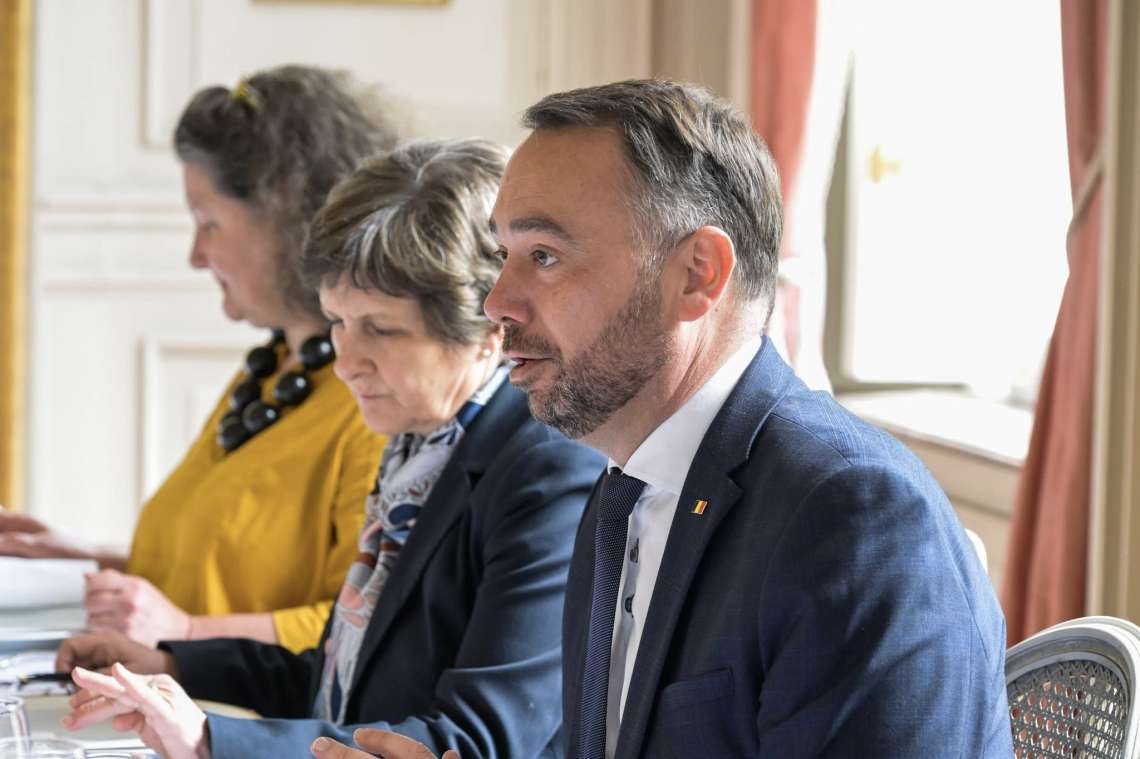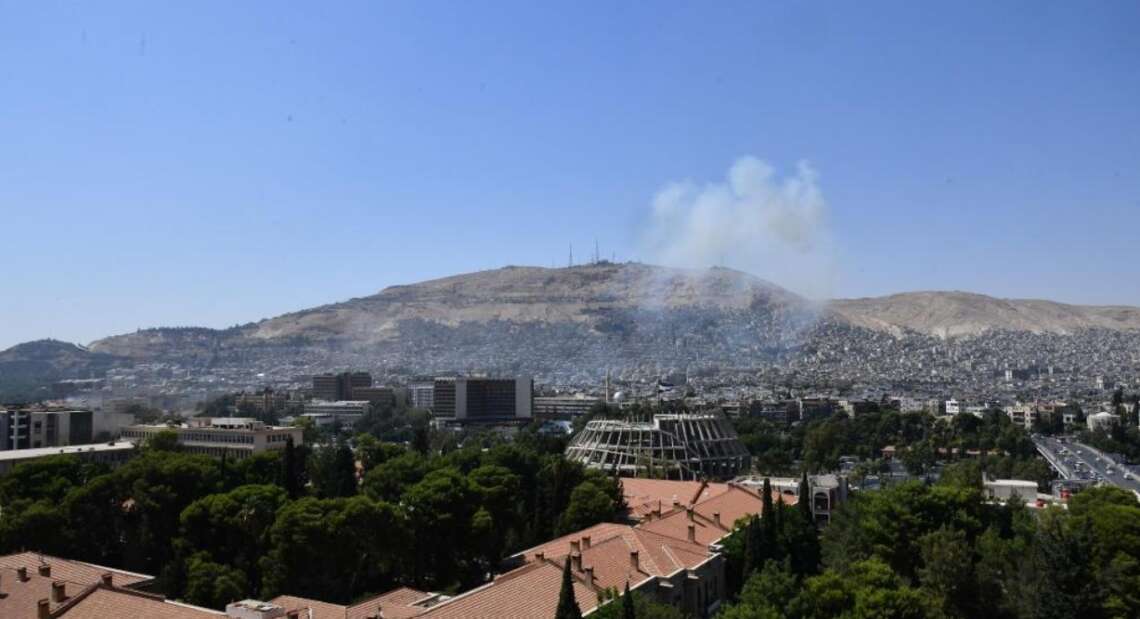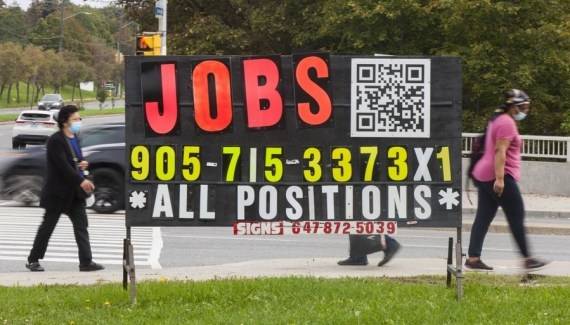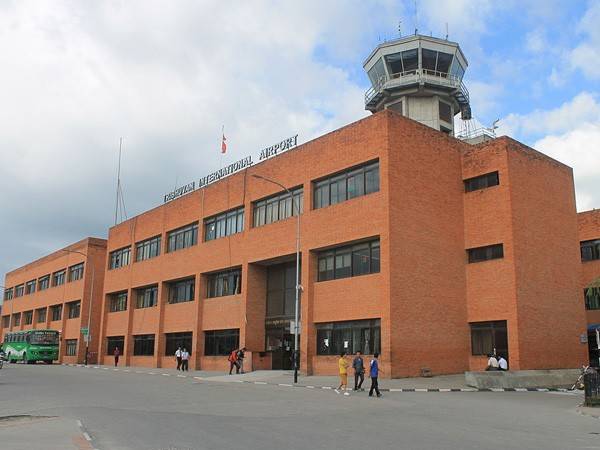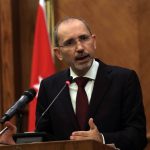The UK and GCC are working towards a new Free Trade Agreement (FTA), with negotiations expected to commence next year, which will boost links in areas like investment and services…reports Asian Lite Newsdesk
UK and Gulf Foreign Ministers on Monday agreed to strengthen security and economic ties, setting the stage for an era of closer cooperation in areas including trade, cyber security and green infrastructure investment into low and middle-income countries.
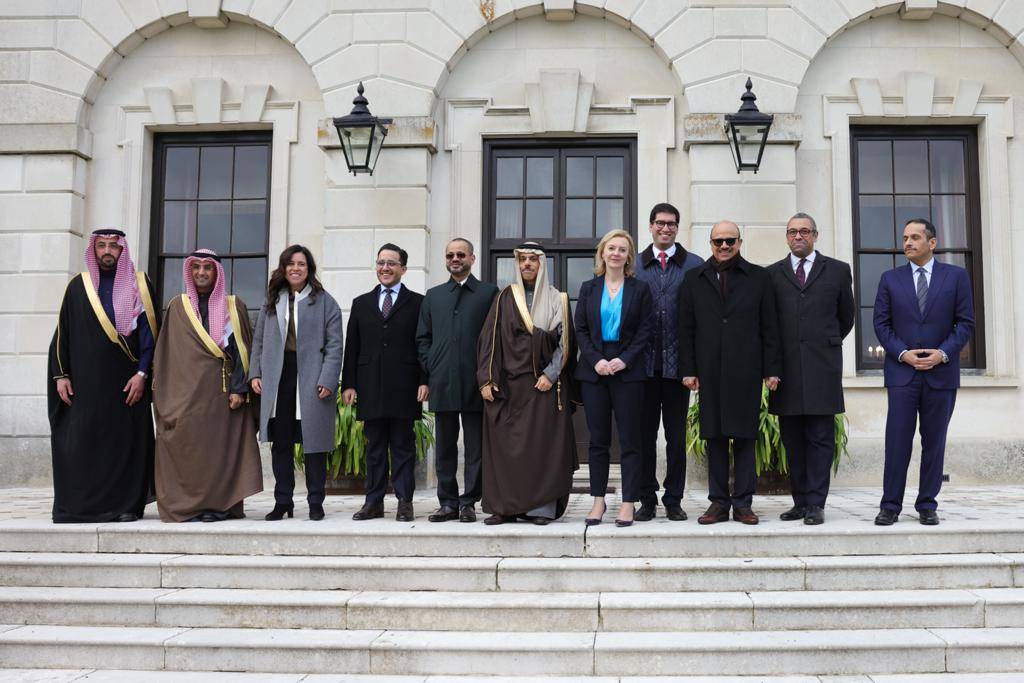
UK Foreign Secretary Liz Trusss convened the Foreign Ministers of Saudi Arabia, Qatar, Oman, Bahrain and Kuwait, the UAE Assistant Minister for Political Affairs and Permanent Representative to the United Nations, and the Gulf Cooperation Council (GCC) Secretary-General at Chevening House on Monday.
The group agreed to work together to boost clean, reliable, honest infrastructure financing into the developing world, using their collective expertise to maximise the impact of investments. The Gulf visitors also welcomed the relaunched British International Investment (BII) body, which will increase investments in infrastructure, tech and clean energy projects across Asia, Africa and the Caribbean.
In October, BII, then called CDC, announced a new deal with Dubai’s DP World to modernise 3 ports in Senegal, Somaliland and Egypt. This is part of a wider programme to boost African trade around the world.
Foreign Ministers also welcomed work to increase trade between the UK and the GCC, which is worth more than £30 billion per year. The UK and GCC are working towards a new Free Trade Agreement (FTA), with negotiations expected to commence next year, which will boost links in areas like investment and services.
Liz Truss stressed in her first major speech as Foreign Secretary at Chatham House earlier this month that Britain and its partners needed to “be on the front foot” because “the battle for economic influence is already in full flow”. The Foreign Secretary sees closer economic and security with the Gulf as key to standing up to malign actors.
“Closer economic and security ties with our Gulf partners will deliver jobs and opportunities for the British people and help make us all safer,” Truss said. “Co-investing with the Gulf in infrastructure will help low-and middle-income countries being strategically dependent on any one provider, while also boosting clean growth and encouraging enterprise and innovation to flourish.”
“It is a win-win for all parties. I want us to have much deeper links in key areas like trade, investment, development and cybersecurity with a part of the world that is important to Britain’s long-term interests,” she added.
The GCC is one of the world’s most important networks for key regional and security issues. The meeting was also used to discuss the conflict in Yemen, Iran’s destabilising regional activity, and the Afghanistan crisis. The UK has worked closely with Gulf allies on these issues, providing urgent humanitarian assistance and working together on evacuations in Afghanistan.
ALSO READ: Indian industrialists urged to use UAE’s infrastructure for growth
As one of the first countries to publicly welcome the Abraham Accords, which normalised Israel’s relations with the UAE, Bahrain and others in the region, the UK remains positive that this historic step can promote shared regional prosperity and security. The UK will support Israel and its partners in the Gulf to achieve this, the Foreign Office said in a statement.
Last week, the UK welcomed the Sultan of Oman, Haitham bin Tariq al-Said to London for talks with Her Majesty The Queen, His Highness The Prince of Wales, the Prime Minister, Foreign Secretary and Defence Secretary. They discussed key issues, including regional security, investments and trade.



